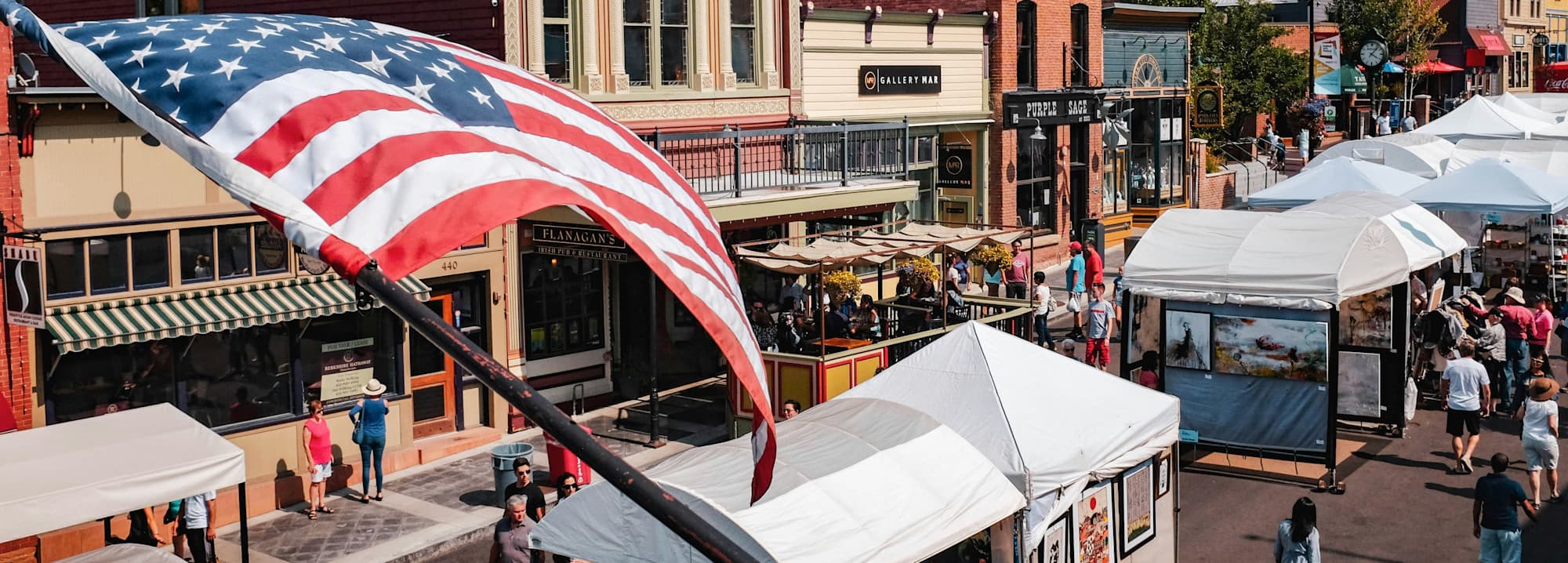
8 Easy Ways to Get Involved in Local Politics Today
Figuring out how to get involved in local politics might feel overwhelming, but it’s easier than it seems. Whether you want to vote smarter, attend a town hall, or even run for office someday, this guide will show you how to take that first step.
Local politics isn’t just for career politicians or people with law degrees. Anyone can get involved, from parents to teachers, small business owners to students — everyday people who care about where they live.
Whether you’re worried about rising rent costs, underfunded schools, or unsafe roads, getting involved in local politics directly makes your voice heard and creates real change in your community.
What Are Local Politics?
Local politics refers to the system of government that impacts your city, town, or county. Your local government can include institutions like a city council, county board of supervisors, the mayor’s office, school board, and various public agencies that handle things like housing, transportation, and safety.
These local officials handle big decisions that impact everyone in your community every day, such as:
Deciding how to fund and manage public schools
Maintaining roads, parks, and public spaces
Managing police, fire, and emergency services
Approving housing developments and zoning laws
Allocating the city or county budgets
Responding to environmental or infrastructure issues
If you’ve ever been frustrated about potholes, worried about school policies, or questioned how tax dollars are spent, you’ve already been thinking about local politics.
The good news? You don’t need permission to get involved.
Data from the National Civic League shows that voter turnout is often under 20% for most local elections, with some areas having less than 10%. Ultimately, few people engage in local civic action compared to state-wide or national politics. There’s a real need for people who are passionate and devoted to making positive change in their communities, meaning it’s very easy to get involved in local politics and have a real impact.
First Step to Get Involved: Learn How Local Government Works
The first step toward getting involved in local politics is understanding how it all works. Every city, town, and county is a little different, but most have:
Elected leaders like a mayor, city council, school board, or county commissioners
Appointed officials like city managers or planning directors
Public meetings and hearings where decisions are made, and community input is welcomed
Learn who does what to see how you can influence or join them in making change. Visiting your city or county website can help you determine what offices exist and what tasks they handle. You should also check their meeting calendar and find the contact info for your districts’ representatives.
Turn Concern Into Action: 7 Ways to Engage in Local Politics
Whether you're gearing up to run for a local office or just want to learn more about opportunities to make a difference, local politics offers many ways to participate. You don’t need to be a policy expert; you just need to be ready to get involved and take action where it counts.
#1: Attend a Town Hall Meeting
Town halls are public forums where local leaders share updates, answer community questions, and listen to residents’ concerns. Attending a town hall meeting lets you hear directly from your elected officials and ask them questions that matter to you. Not sure what to ask? Try questions about your area's school funding, neighborhood safety, housing plans, or environmental efforts.
These meetings are often hosted by city councilors, school board members, or even state legislators and may be held in person or virtually. Through town hall meetings, you can quickly learn about what’s happening in your neighborhood and find ways to help you get involved.
LEARN MORE: Check out our guide to town hall meetings to make the most of your experience.
#2: Volunteer for a Local Political Campaign
Supporting a local candidate is one of the most hands-on ways to participate in politics.
As a political campaign volunteer, you might help with things like:
Phone banking and texting voters
Running social media accounts
Creating or distributing flyers
Hosting small events or meet-and-greets
You don’t need specific experience, but your unique skills could be invaluable. For instance, if you have experience with event planning or graphic design, you could be a great asset for a local candidate.
Volunteering is also a great way to build connections and get more involved in other areas of regional politics. And those connections can be crucial if you ever decide to run for office yourself.
LEARN MORE: Find Independent candidates in your area that align with your values.
#3: Vote in Every Local Election
Your vote carries more weight in local elections than you think. Local elections often fly under the radar even though they make many critical decisions affecting local communities. Local elections determine who runs your schools, writes your city’s laws, and sets your property taxes.
One of the most important ways to get involved in local politics is by voting in every election you can. Make sure you’re registered to vote, know your polling location, and understand what’s on the ballot, especially for off-cycle or special elections. Encourage friends and neighbors to vote, too. A single conversation can boost turnout in your circle.
LEARN MORE: Not sure when to vote? Use our election look-up tool.
#4: Apply to Serve on a Local Board or Commission
If running a political campaign seems too far-fetched, consider serving on a local board or commission to help shape policy behind the scenes.
Most local governments have advisory boards made up of volunteers. Many towns have boards like:
Parks and recreation boards
Planning and zoning commissions
Housing advisory committees
Youth or environmental task forces
You don’t have to be an expert in a specific area to serve. However, your unique background can help the board ensure they’re meeting the needs of everyone in the community. These roles are a powerful way to make an impact and build experience if you’re considering running for office later.
LEARN MORE: Start expanding your political knowledge with our Politics 101 guide.
#5: Speak at a City Council or School Board Meeting
Most city council and school board meetings are public, and they set time aside for community members to give input on current issues. That’s your opportunity to share a personal story, raise a concern, or advocate for an issue that matters to you.
Your voice and opinions matter. You don’t have to be a policy expert or professional public speaker. Just remember to be clear, respectful, and genuine.
#6: Start or Join a Local Advocacy Group
If there’s an issue you’re passionate about, like climate change, affordable housing, or school equity, chances are others in your community care, too. Joining or starting a grassroots group gives you collective power.
Build that power with your neighbors around shared goals. You can organize petitions, host forums, meet with elected officials, or raise awareness through events or social media.
#7: Run for Local Office
Turn your passion into policy and lead the change you want to see.
From school boards to city councils to county commissioners, many local offices are more accessible than you think (see every office you can run for). Most races are low-cost compared to national or even state-wide elections, and many go uncontested. In fact, in 2024, 70% of all elections went uncontested, most of which were in small towns and cities.
Some local offices you could run for include:
School Board
City Council
Mayor
Library Board
City Clerk
Running for office lets you directly shape your community’s future. And you don’t have to do it alone: GoodParty.org gives you access to free tools, mentorship, and support to help you along the way. You can win, even without party backing, if you care and show up prepared.
LEARN MORE: Ready to lead? Learn how to run for local office as an Independent in 2025.
You Belong in Local Politics
You don’t need a lengthy political resume or big donors to make an impact. All you need is a sense of purpose, a little time, and the willingness to take that first step.
When you attend meetings, go to the polls, and show up for your community, you help shape a government that works for the people it serves — for your neighbors, your family, and you.
If you’re ready to get really involved, GoodParty.org is here to help. GoodParty.org gives you the tools and support to lead confidently and without compromise.
Photo by Olivia Hutcherson on Unsplash
Start your journey in local politics today and learn how GoodParty.org can help you run for office.

